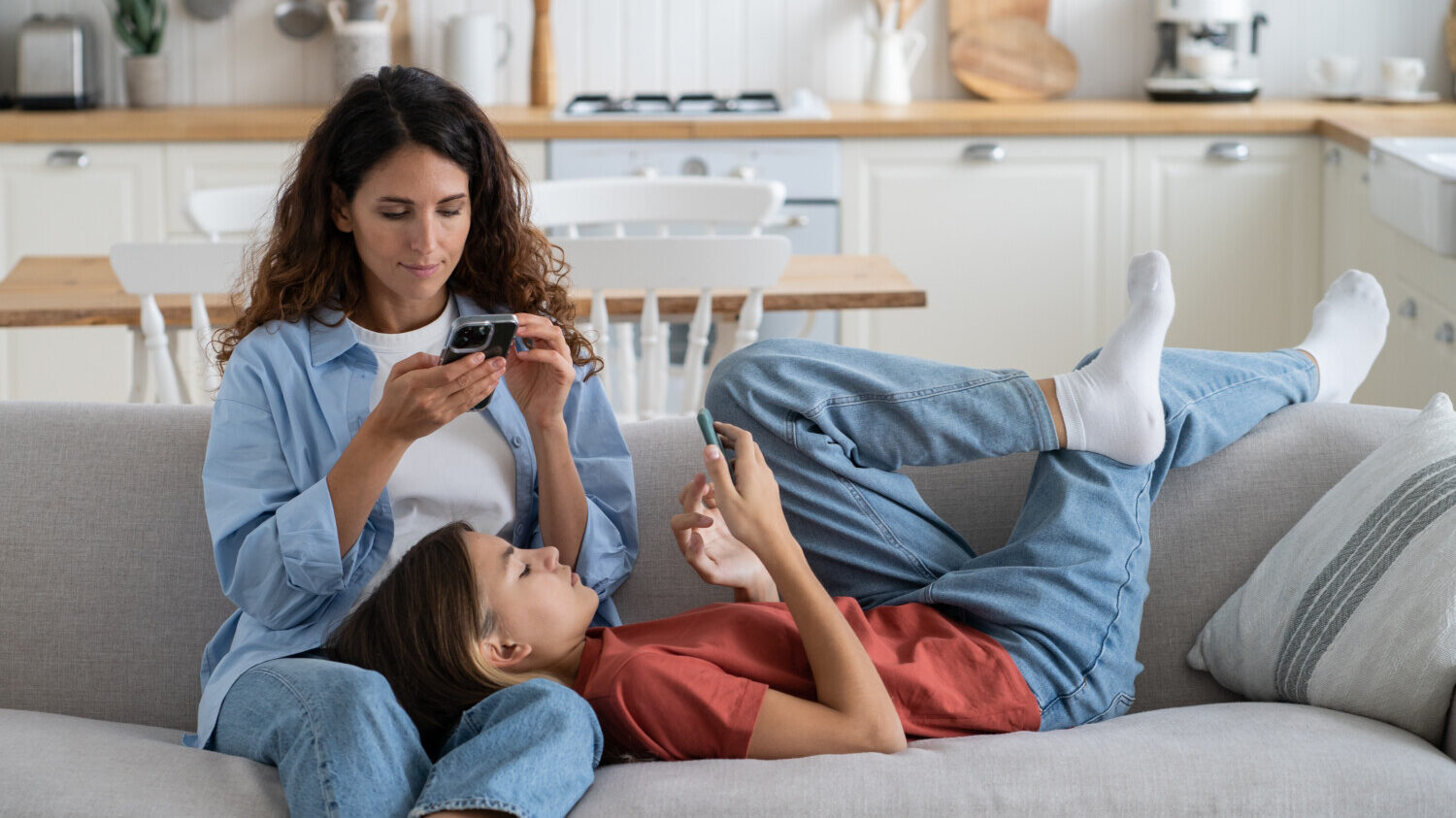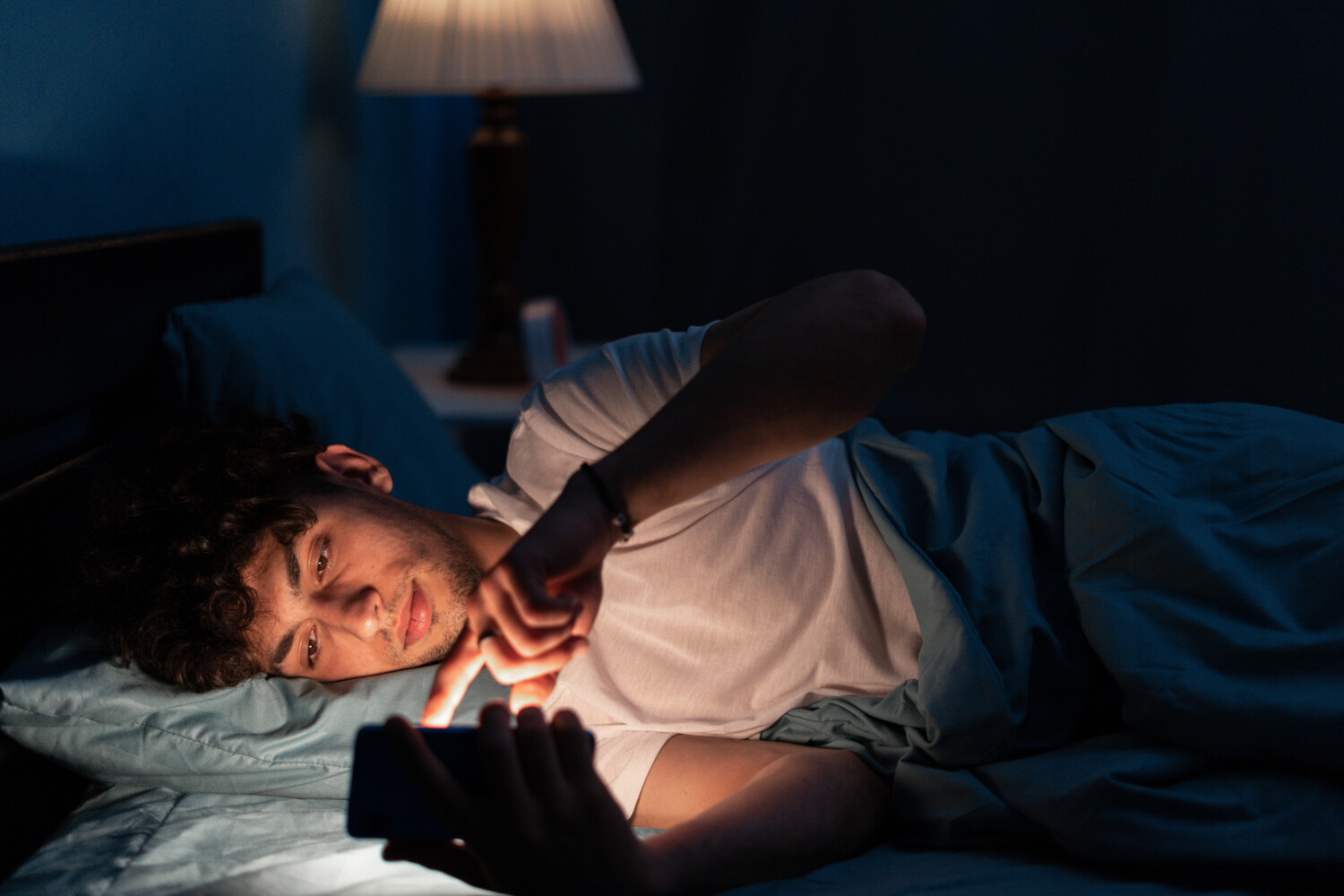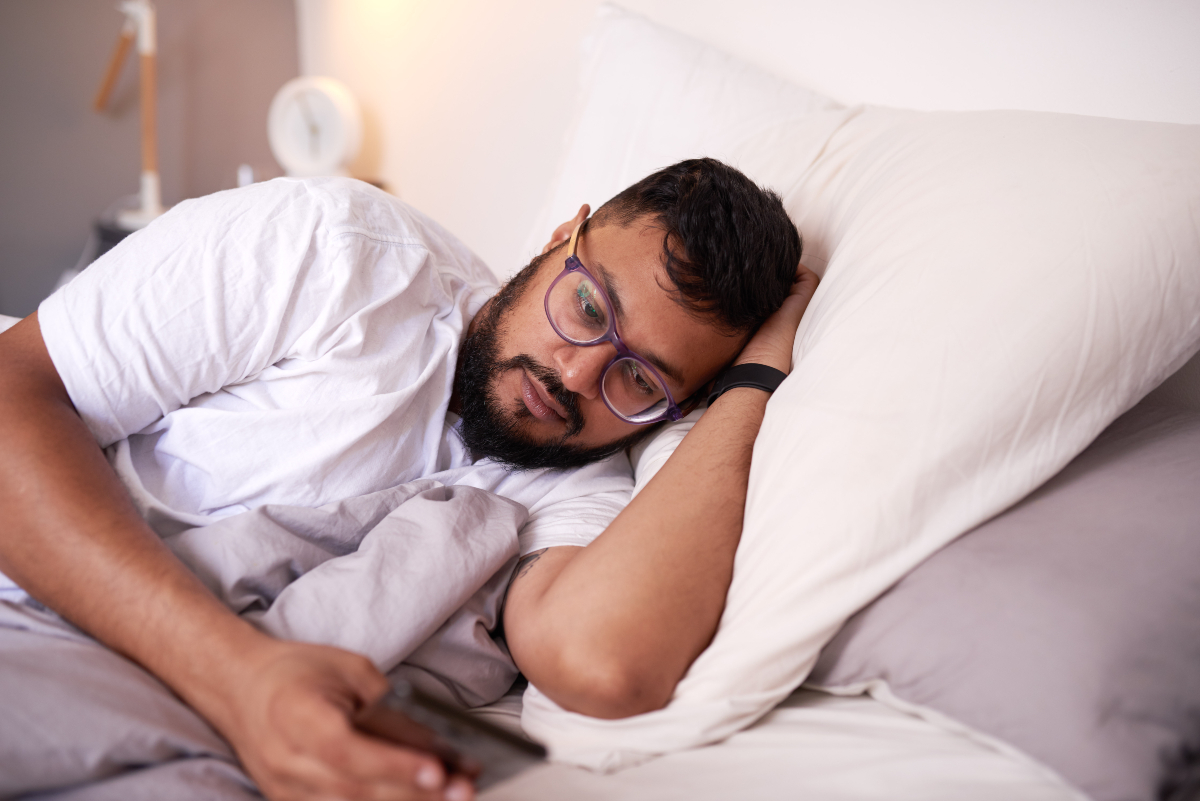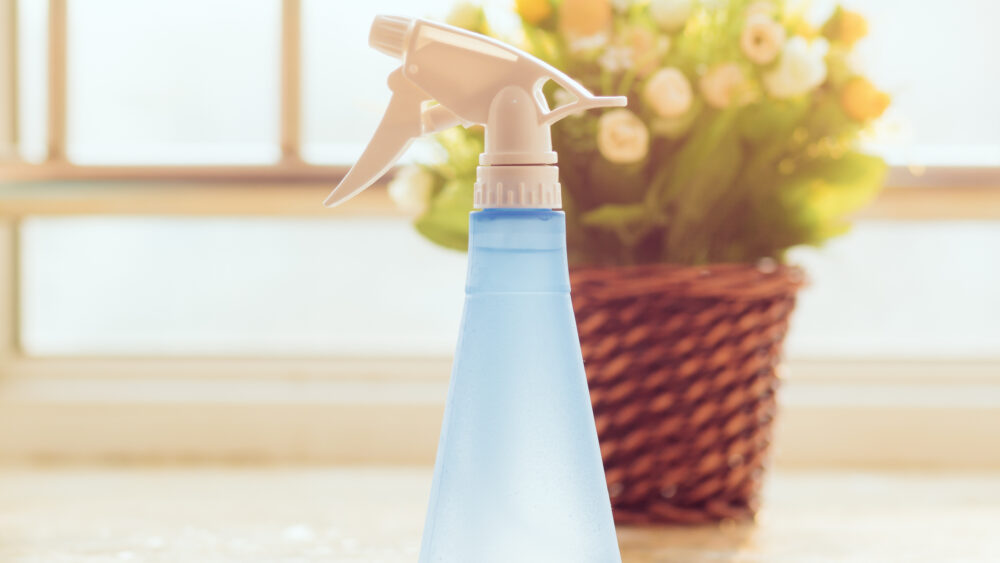Take this 15-question test to find out if you’re addicted to your smartphone

These days, there’s a lot of talk about people being addicted to their smartphones. But are you addicted? Am I addicted?
While experts think phone addiction doesn’t necessarily rise to the level of a true chemical addition, it does touch our lives in similar ways and can have negative effects on our health. Fortunately, there’s a test to help us find out if we may need to change the way we deal with electronic devices.
The Smartphone Compulsion Test
The Smartphone Compulsion Test is made up of just 15 yes-or-no questions (ostensibly designed for those with phone-addled attention spans). It was designed by Dr. David Greenfield, a professor of clinical psychiatry and founder of The Center for Internet and Technology Addiction.
The test features questions like: “When your cell or smartphone rings, beeps or buzzes, do you feel an intense urge to check for texts, tweets, emails, updates, etc.?” Another question asks, “Do you find yourself mindlessly checking your cell or smartphone many times a day, even when you know there is likely nothing new or important to see?”
When you’ve completed the assessment, you hit “Submit” and are given your grade. This is based on how many “yes” answers you gave. I scored a 7, which I thought was pretty good until I read how the scoring works.
One or two yeses are “normal.” If you replied yes three or four times, “your behavior is leaning toward problematic or compulsive use.” Five or more yeses? “It is likely that you may have a problematic or compulsive Smartphone use pattern.” And above eight yeses? “You might consider seeing a psychologist, psychiatrist, or psychotherapist who specializes in behavioral addictions for a consultation.”
MORE: Tired of your smartphone? This ‘Dumb Phone’ only calls, texts
Are We All Addicted to Our Phones?
Make what you want of the test’s grades and advice. But I can see how behaviors like always having your smartphone at the table during meals (question 13) and sleeping with your smartphone next to you (question 7) can be problematic.
And there’s no denying that as a society, we spend too much time on our phones. According to Statistica.com, Americans are on their phones an average of five to six hours a day. And a study by Reviews.org found that more than half of us (56.9%) actually claim to be addicted to our smartphones.
Naturally, this has led to a wide range of relational and emotional problems. Studies have emerged about how smartphones can negatively affect our ability to focus, undermine our personal relationships and cause sleep problems.
Ways to Reduce Your Phone Use
If you think you might be in the grip of a phone addiction, take heart that you’re not alone. And, because so many others have experienced the need to cut down on their phone use, you can try a few methods that may help curb the addiction, even if the science on the topic is still emerging. One is to simply turn off your notifications from text, email and various apps and news sites, making your phone less appealing.
Another is to set rules around your phone use. You can also intentionally set aside a time in which you simply don’t use your phone. Place it in another room; simply putting distance between you and your phone can help you use it less. You can also reduce your use for longer periods of time. Dr. Anna Lembke, an addiction expert and a professor of psychiatry and behavioral sciences at Stanford University, suggests starting with a 24-hour fast.
Lembke told The New York Times that when people purposely put their phones away for a time, “they report less anxiety, less depression, sleeping better, more energy, getting more done, as well as being able to look back and see in a more clear-eyed way exactly how their screen use was affecting their lives.”







